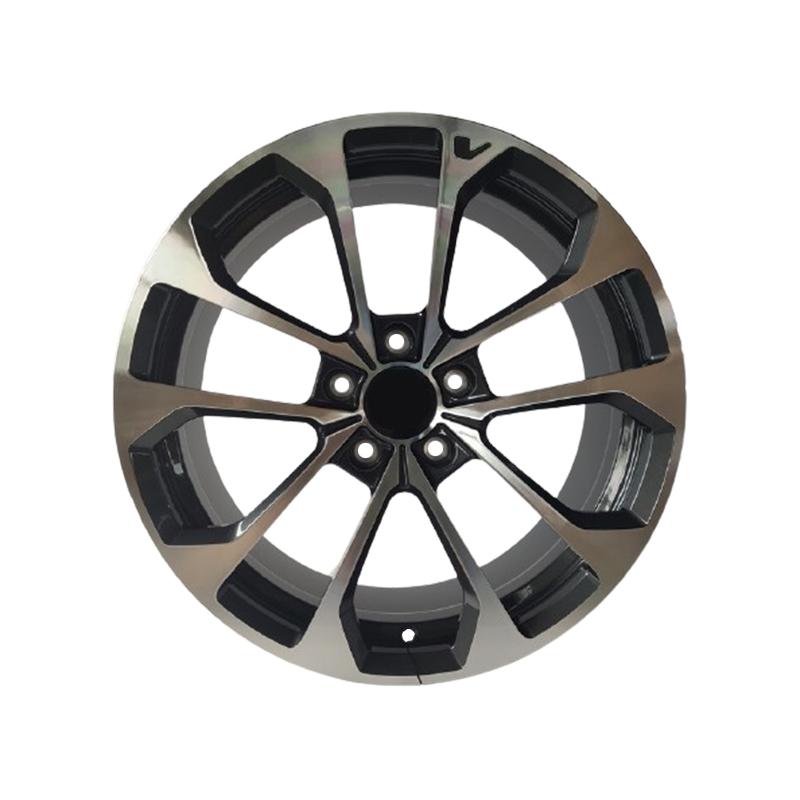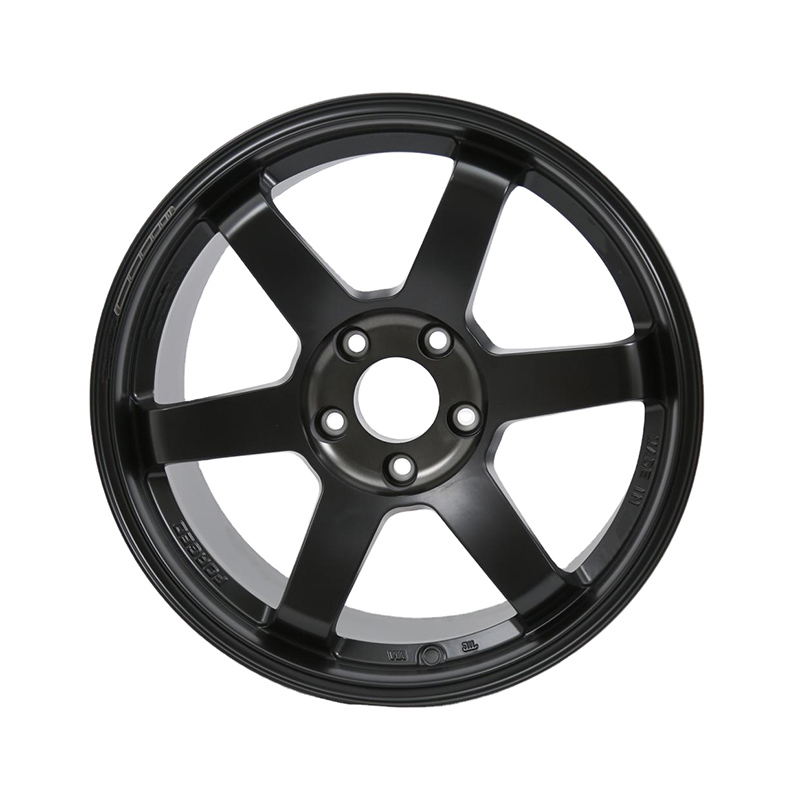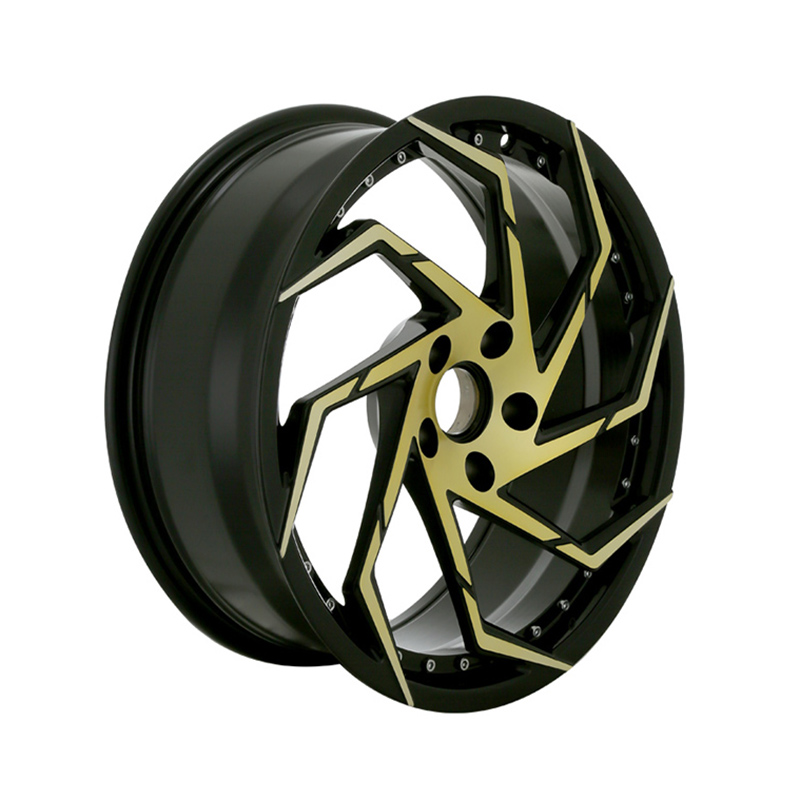2021 wholesale price 17 Inch Alloys - High quality Mercedes forged alloy wheels custom rims wheels – Sunland
2021 wholesale price 17 Inch Alloys - High quality Mercedes forged alloy wheels custom rims wheels – Sunland Detail:
The manufacturing process of forged wheels is to forge the “solid alloy” into the shape of the wheel by high pressure (tens of thousands of tons of pressure). Due to multiple high-pressure collisions, the molecules between the alloys are smaller, the gaps are finer, and the density is higher. The wheel hub can achieve sufficient rigidity with less raw materials, and the overall weight will be lighter. In simple terms, forging is a form of process from “solid” to “solid”.



Aluminum alloy wheels have higher impact resistance, tensile strength and thermal strength than steel wheels. This is also one of the reasons why aluminum alloy plays an important role in the defense industry and aviation industry. The roundness accuracy of the aluminum alloy wheel hub is as high as 0.05mm, and the running balance is good, which is beneficial to eliminate the phenomenon of steering wheel jitter. Due to production constraints, ordinary steel wheels are monotonous and rigid, lacking changes; aluminum alloy wheels have a variety of designs, coupled with good gloss and color effects, thereby enhancing the value and beauty of the car.



At present, forging is the method that can achieve the highest rigidity/weight ratio among all wheel manufacturing processes. Many performance control players are very keen on forging wheels. Compared with casting, forged wheels have higher strength, better safety, greater plasticity, and lighter weight. The lighter weight brings improved power and sensitivity.



Product detail pictures:
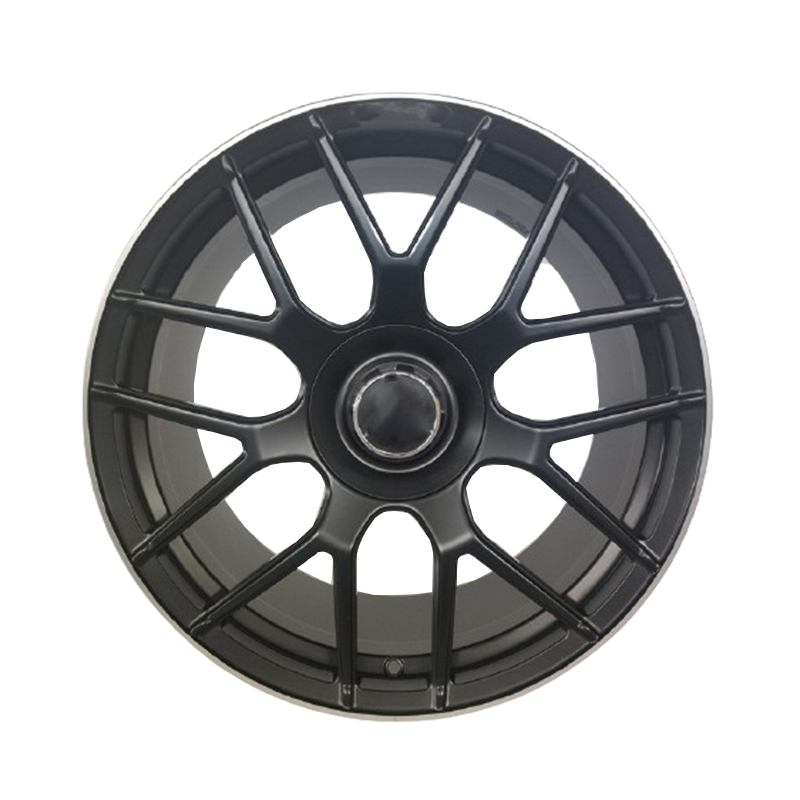
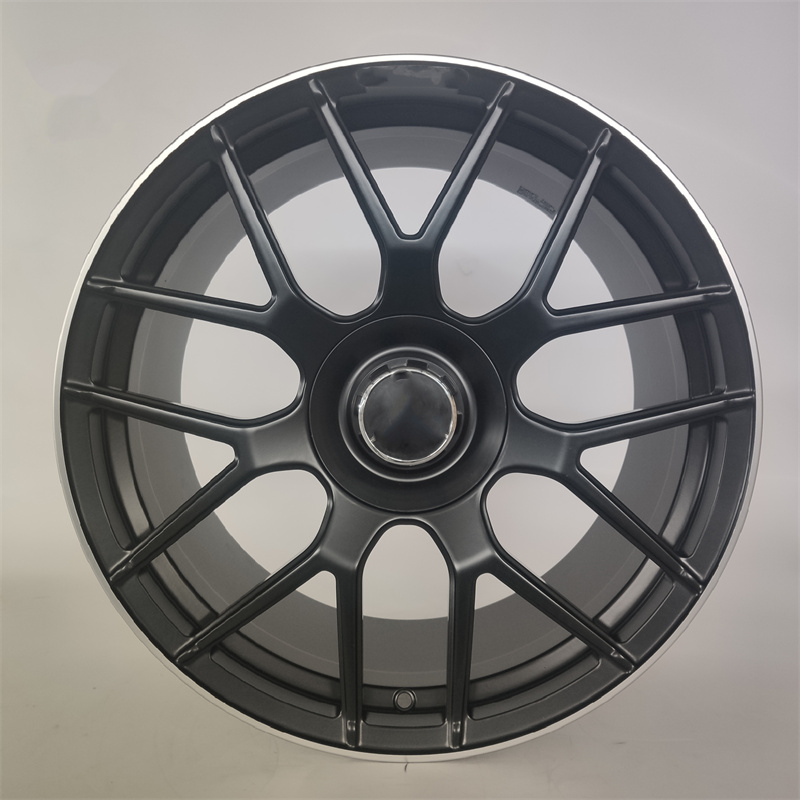

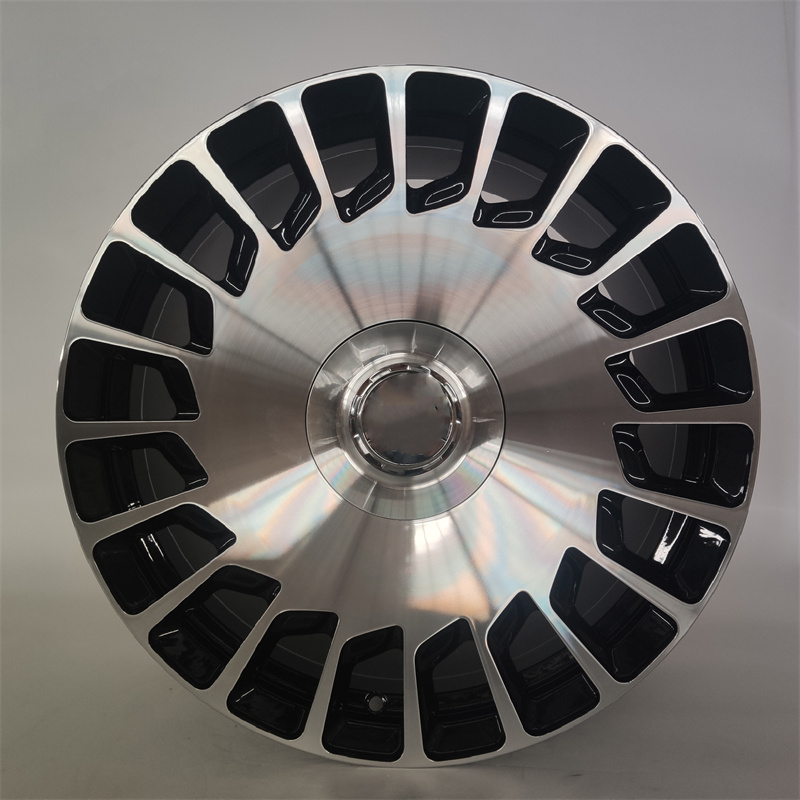
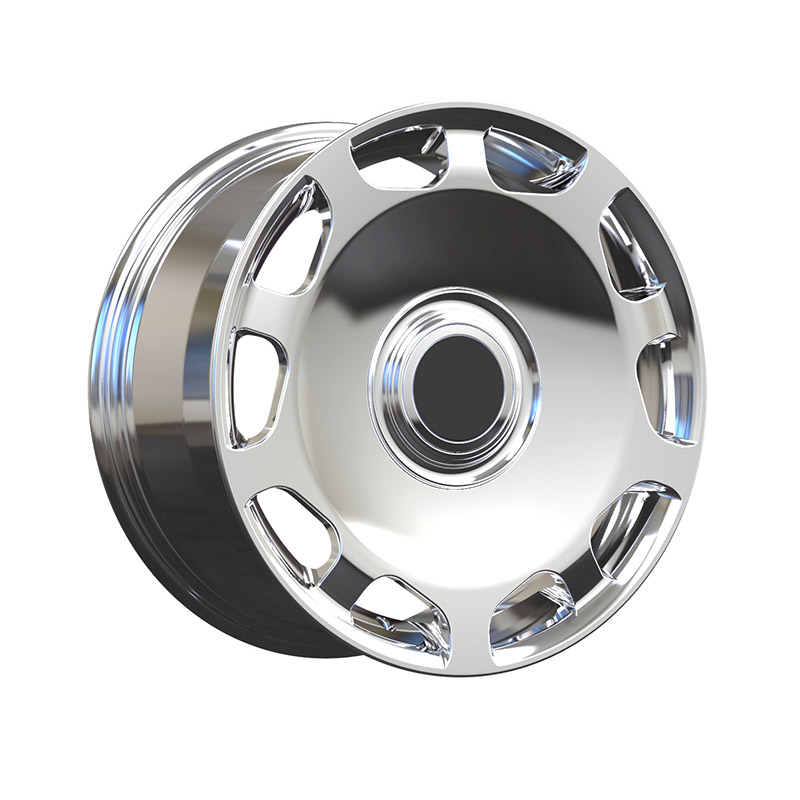
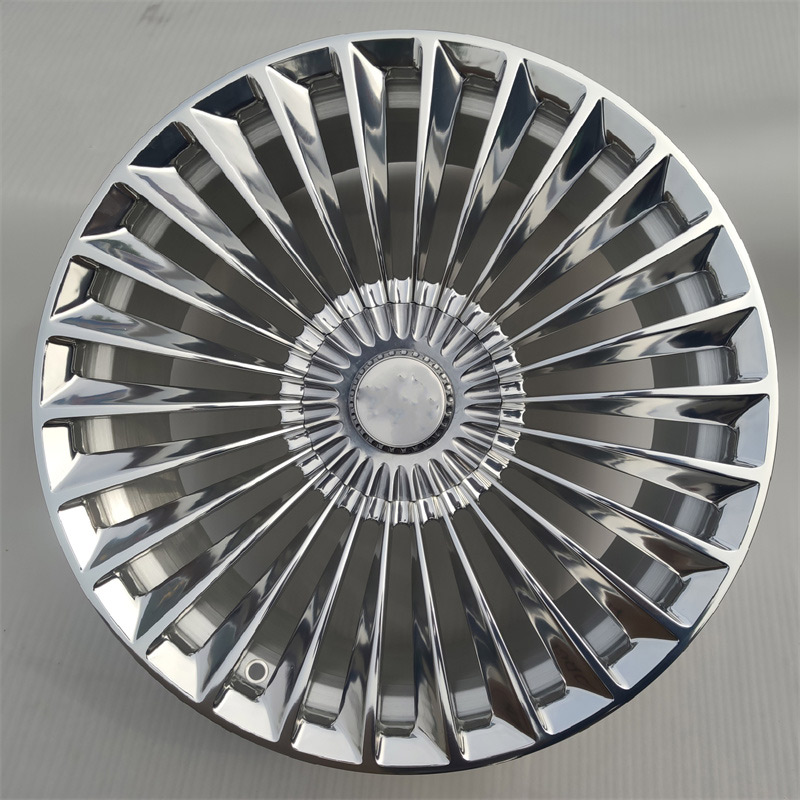
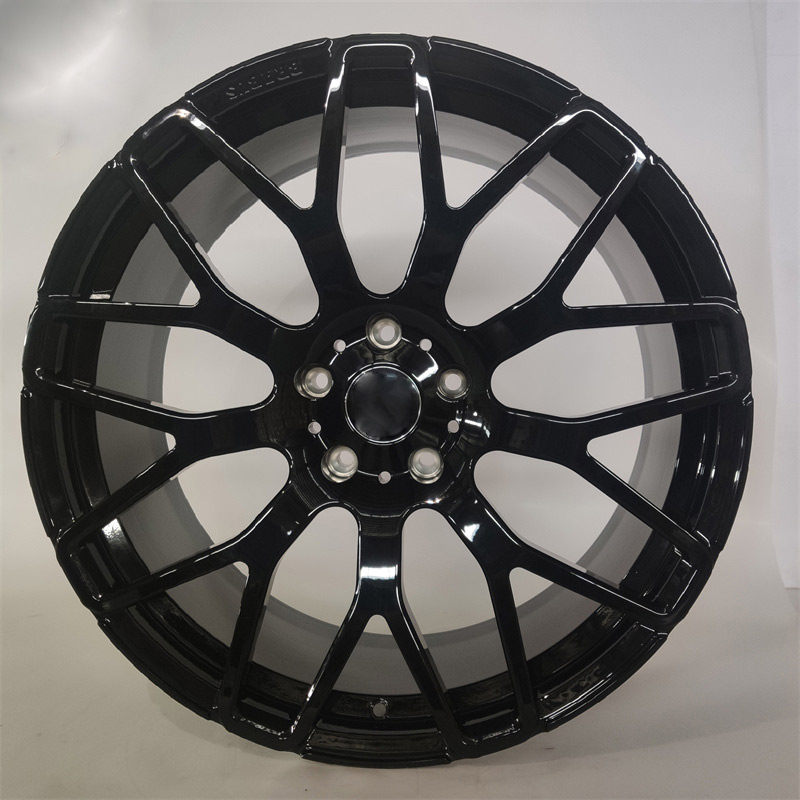
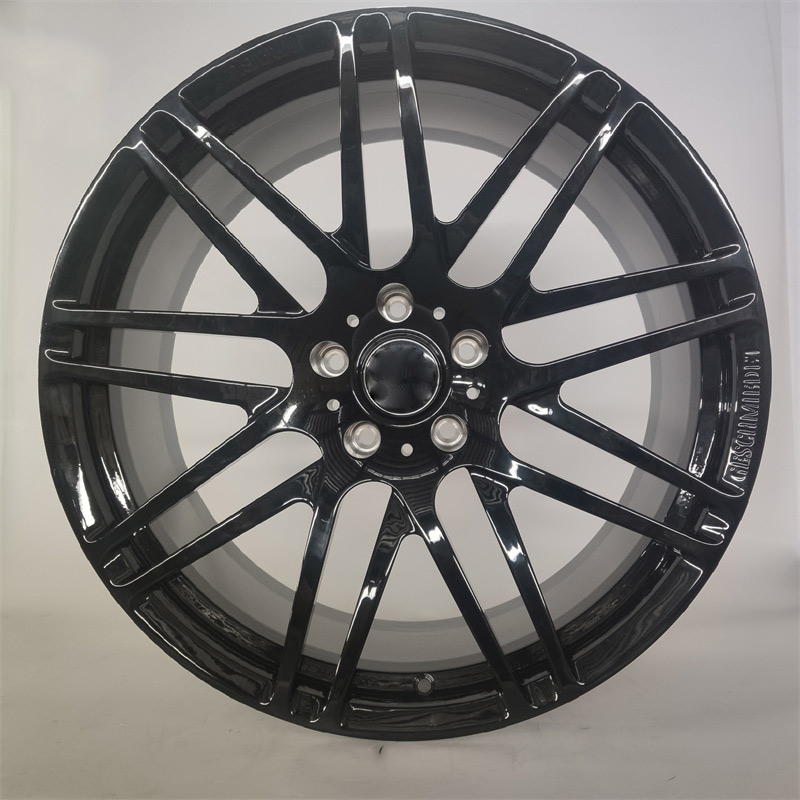
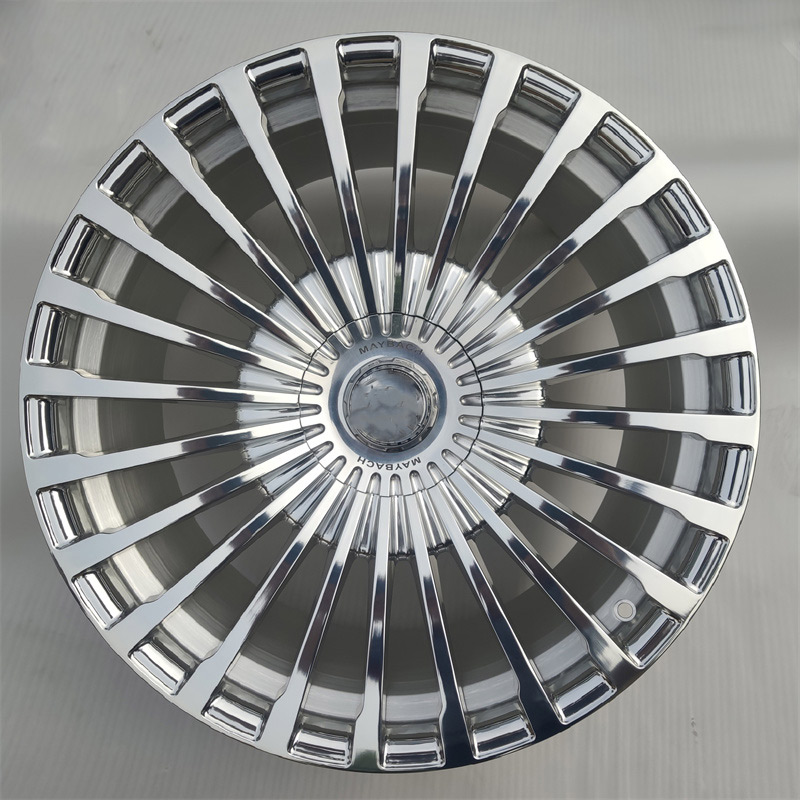
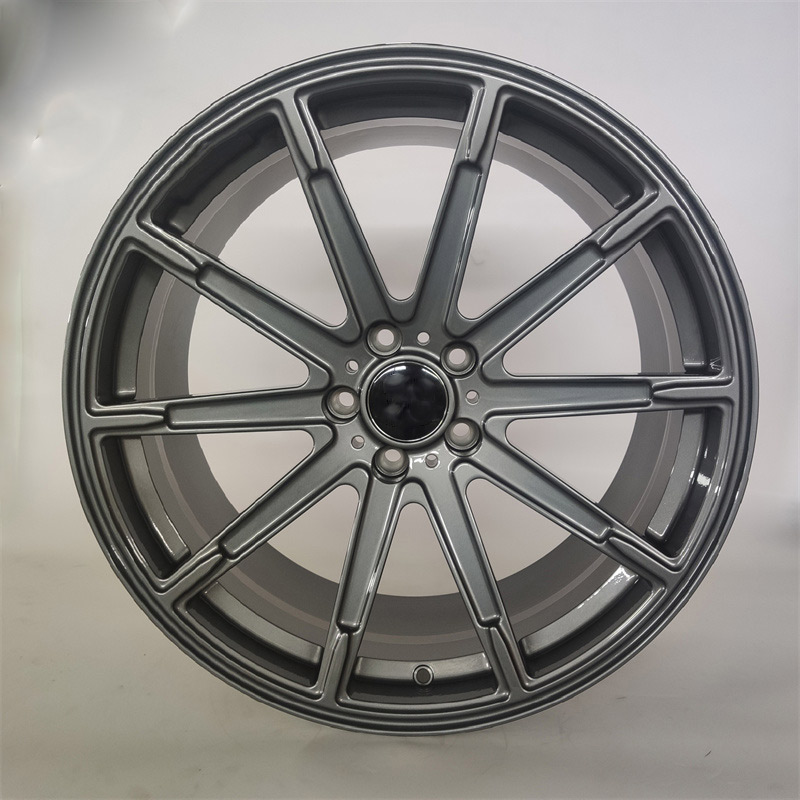
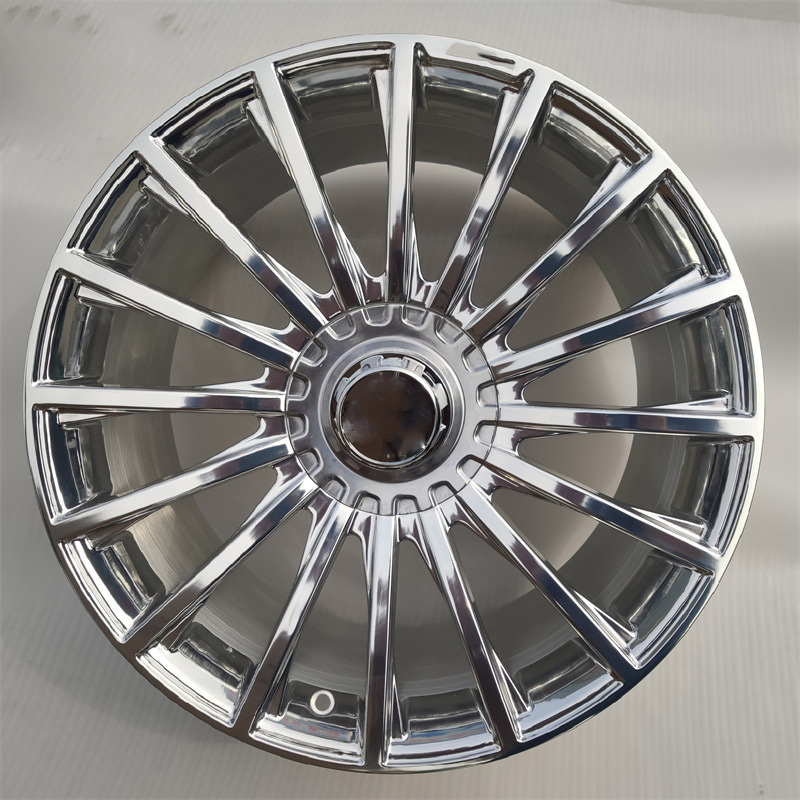
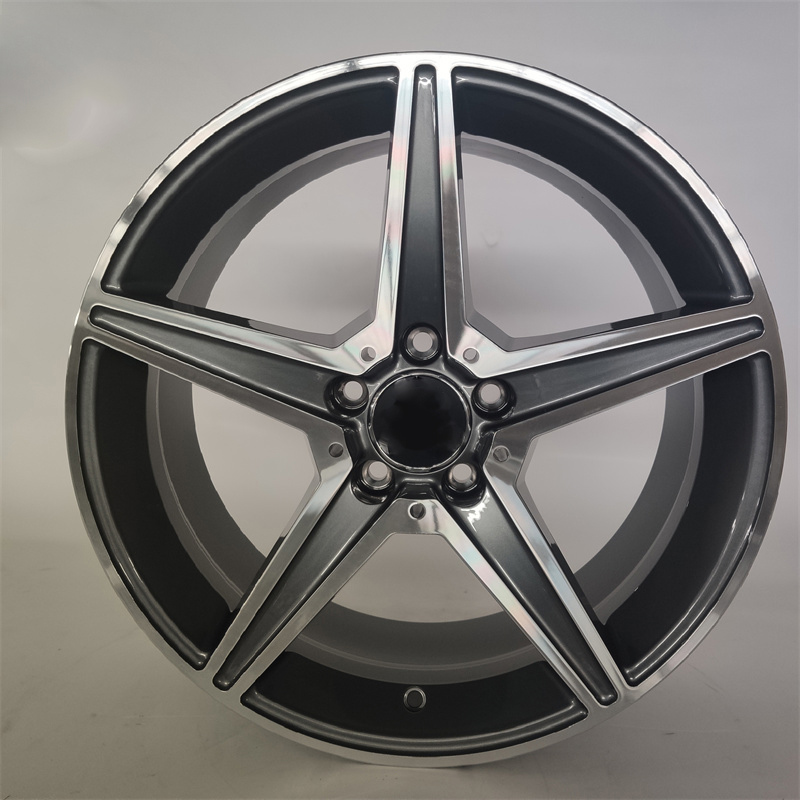

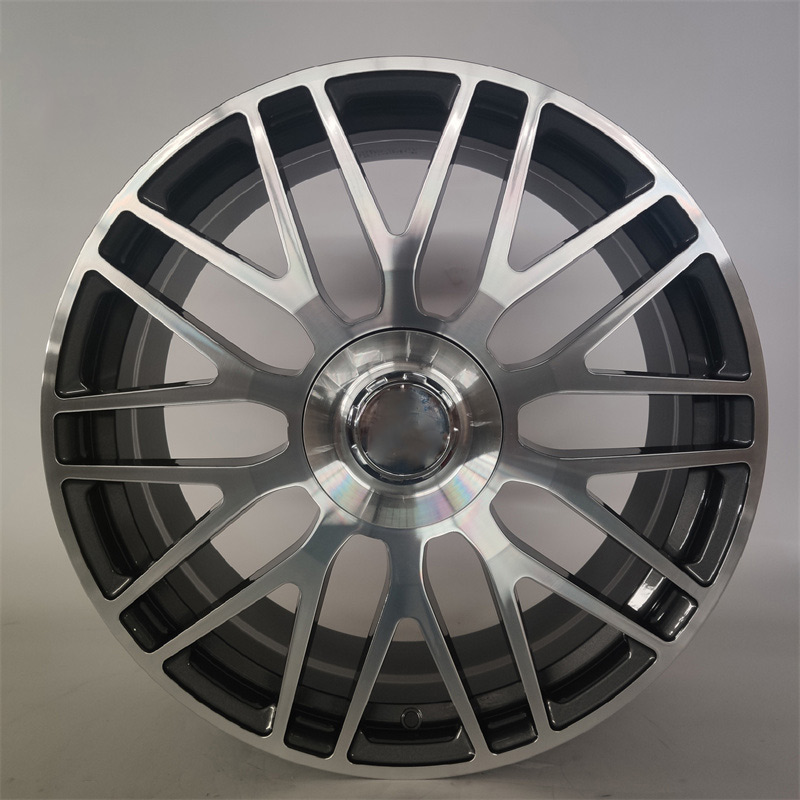
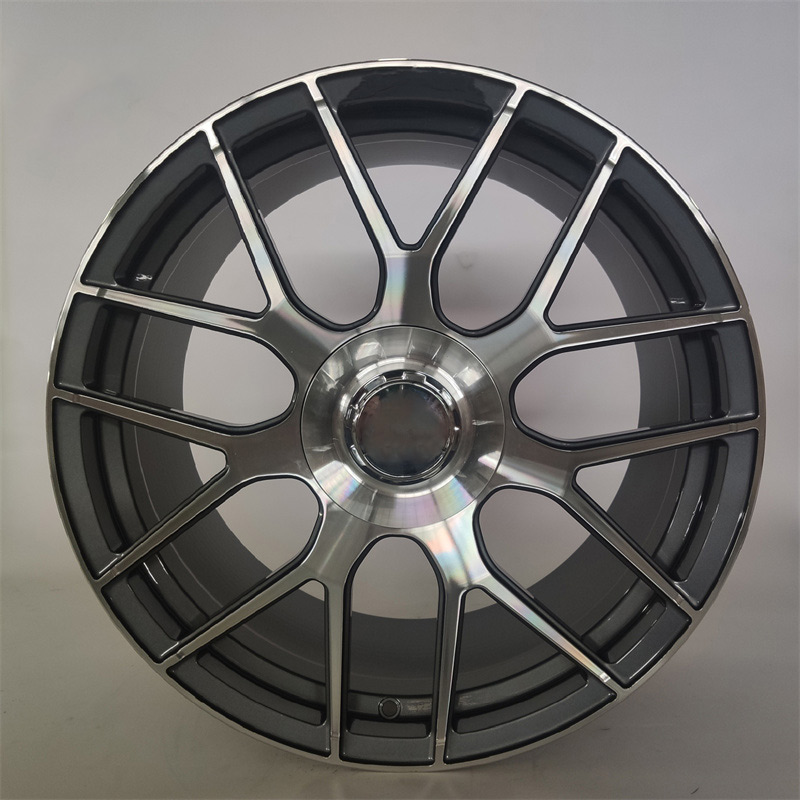
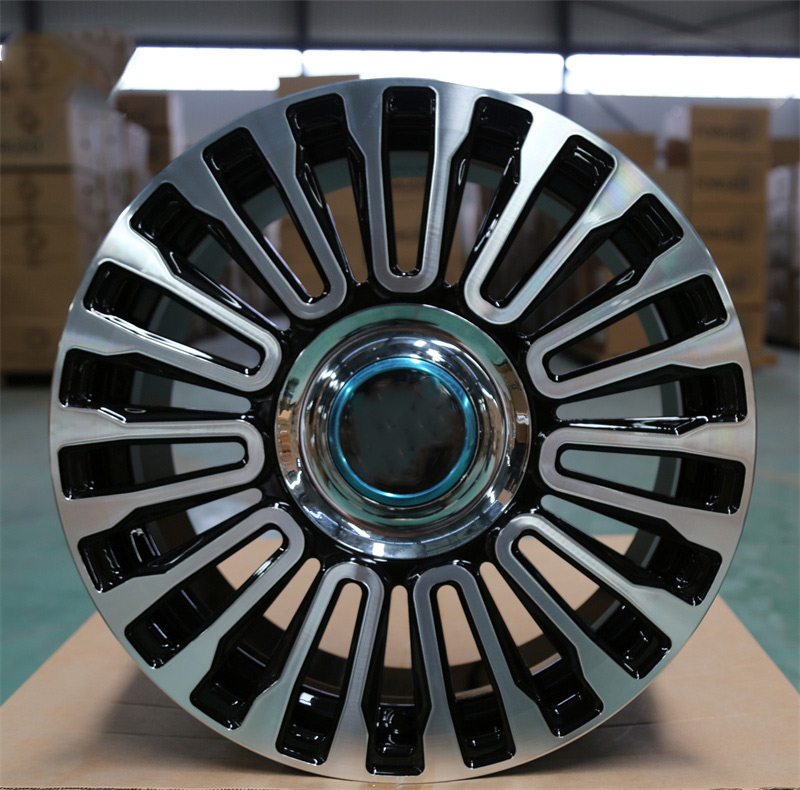
Related Product Guide:
Our company insists all along the quality policy of "product quality is base of enterprise survival; customer satisfaction is the staring point and ending of an enterprise; persistent improvement is eternal pursuit of staff" and the consistent purpose of "reputation first, customer first" for 2021 wholesale price 17 Inch Alloys - High quality Mercedes forged alloy wheels custom rims wheels – Sunland , The product will supply to all over the world, such as: London, Canada, Luxembourg, Besides there are also professional production and management , advanced production equipment to assure our quality and delivery time , our company pursues the principle of good faith, high-quality and high-efficiency. We guarantee that our company will try our best to reduce customer purchase cost, shorten the period of purchase, stable products quality, increase customers' satisfaction and achieve win-win situation .
This supplier offers high quality but low price products, it is really a nice manufacturer and business partner.

